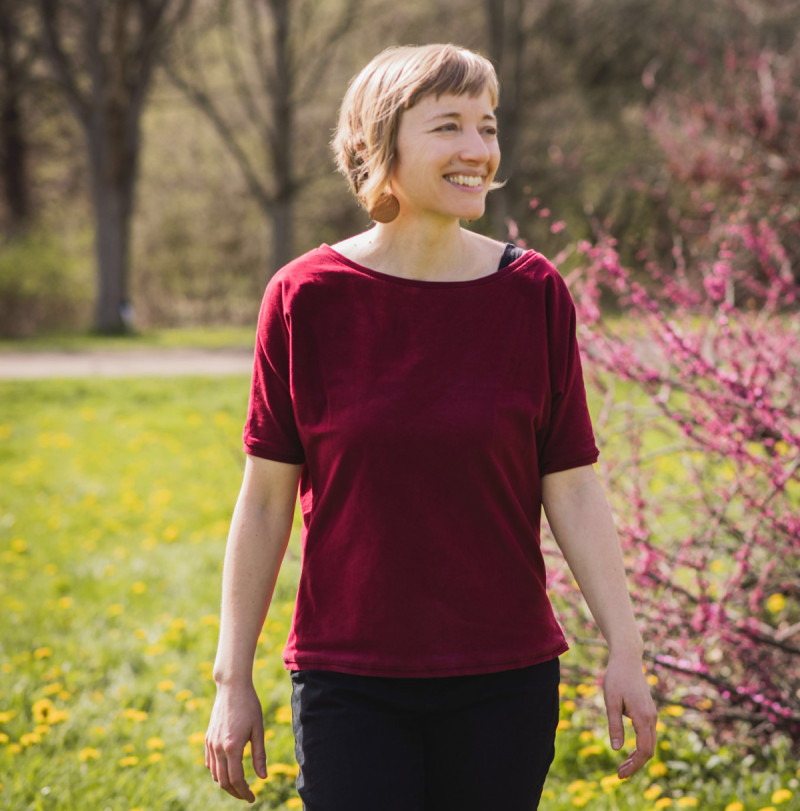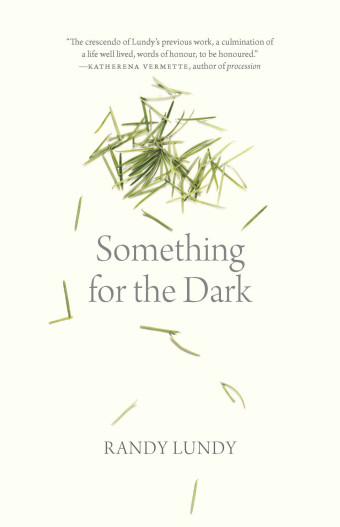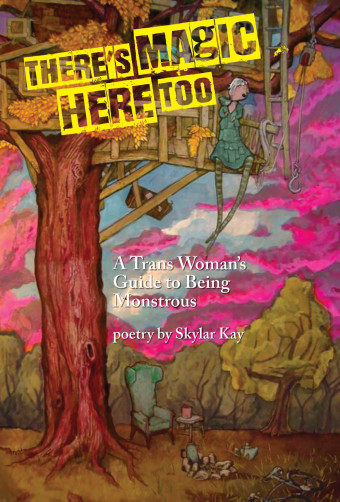This is a difficult time to be human. And yet, When Whales Went Back to the Water, Lisa Baird’s new poetry collection, finds hope amidst the “flash and muck” of trauma.

- When Whales Went Back to the Water
- Lisa Baird
- University of Alberta Press
- $19.99 Paperback, 76 pages
- ISBN: 978-17-72127-96-6
“I had almost given up on getting this collection published,” says Baird, who lives in Guelph, Ontario. “I was awash in rejections – for this collection, for grants, for a different, shorter collection that I was trying to get accepted by chapbook publishers. And then in early 2024, I got the acceptance from University of Alberta Press.
“There’s probably a lesson in there.”
This book is divided into four sections, each one about a different trauma: figuring out queer identity, domestic violence, new parenthood, and COVID.
“I’ve been responding to and metabolizing trauma through poetry since my early twenties, so this collection is a continuation of that,” she says. Some poems, like “On Seeing the Word Trauma Graffitied on a Garbage Bin,” explore trauma in general, while others, like “Affirming Femme,” speak to specific instances.
The section about her abusive relationship was the hardest to write. “It was and is important to me not to dehumanize the abusive ex. I did my best to present them as a complex person who did horrible things for complex reasons.
“The writing of those poems was made more complicated by the fact that our relationship took place during their gender transition,” says Baird, who employed a sensitivity reader to help her avoid any transphobia.
She wrote this collection of evocative poems in snippets: “In stolen moments while the baby slept. Spoken voice-to-text into the notes app of my phone while I walked to the grocery store. On long-distance phone calls during Sunday morning poetry dates with my best friend.”

In poems like “If You Sing It Slowly Enough,” Baird explores the nuances of raising children through COVID lockdowns. “Caring for a toddler through the early pandemic years was hard, then magical (because of the toddler, not the virus), and then hard again. Being a parent in this cultural context is already isolating. COVID amplified that,” she says.
Still, there is hope. Baird finds it in her job as a community acupuncturist.
“A typical work day looks like ordinary people talking to me about some of the hardest stuff in their lives, then going to sleep alongside a few other people, and waking up feeling a lot better. Not ‘fixed,’ but relaxed and steadied,” she says.
“Every time I go to work I’m reminded that people do not suck. We’ve built harmful terrible systems, we’re currently stuck inside these terrible systems, and that sucks. But people in general don’t suck.”
In a time when it’s so difficult to be human, Baird also gives herself grace. “I’m speaking to the baby dyke that I was: I see you! I remember you! I still love you!” she says, referring to the poems about her experience of growing into her queer identity.
“I’m invoking tenderness towards our awkward, brave, adolescent queer selves.”













